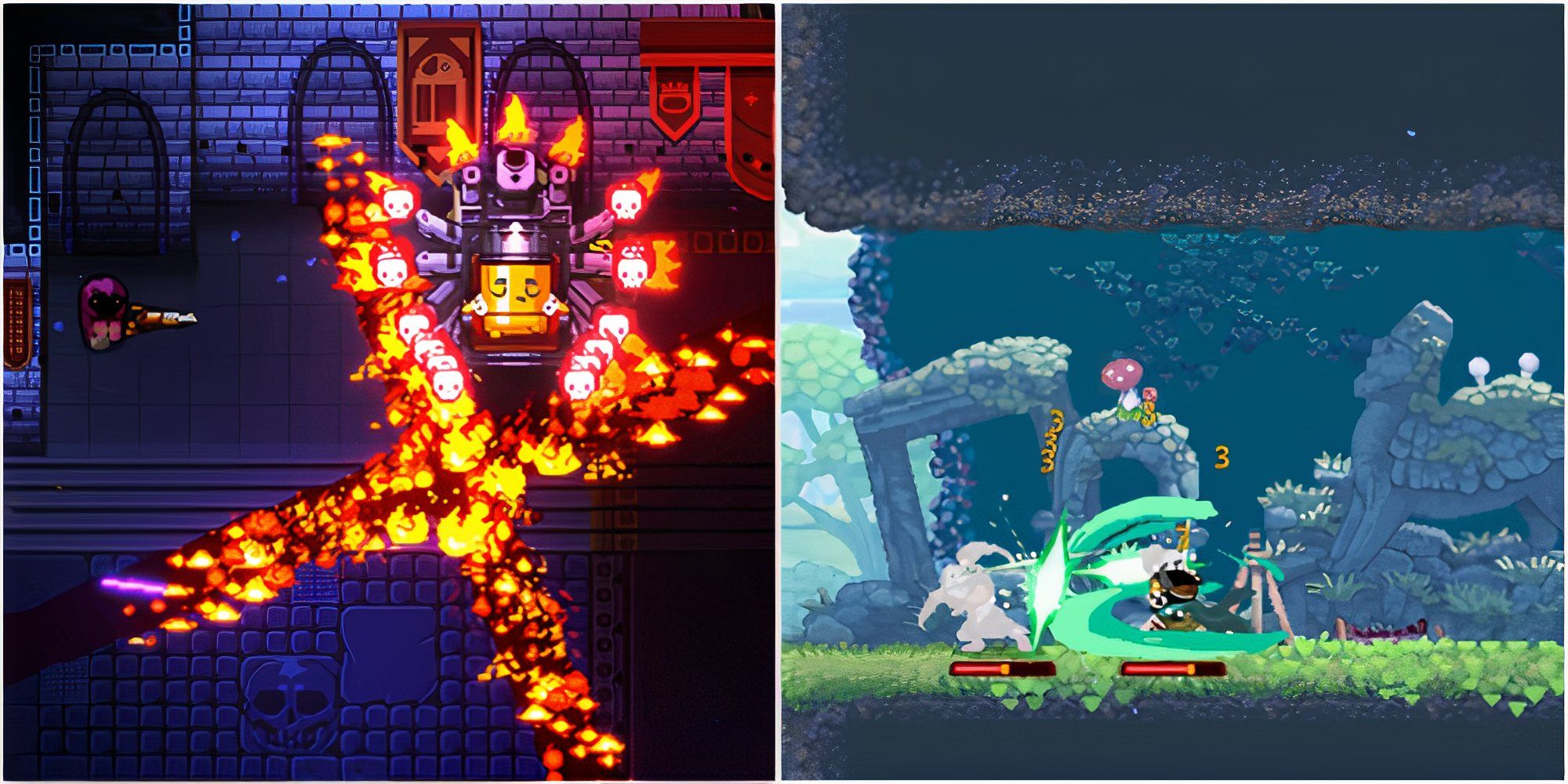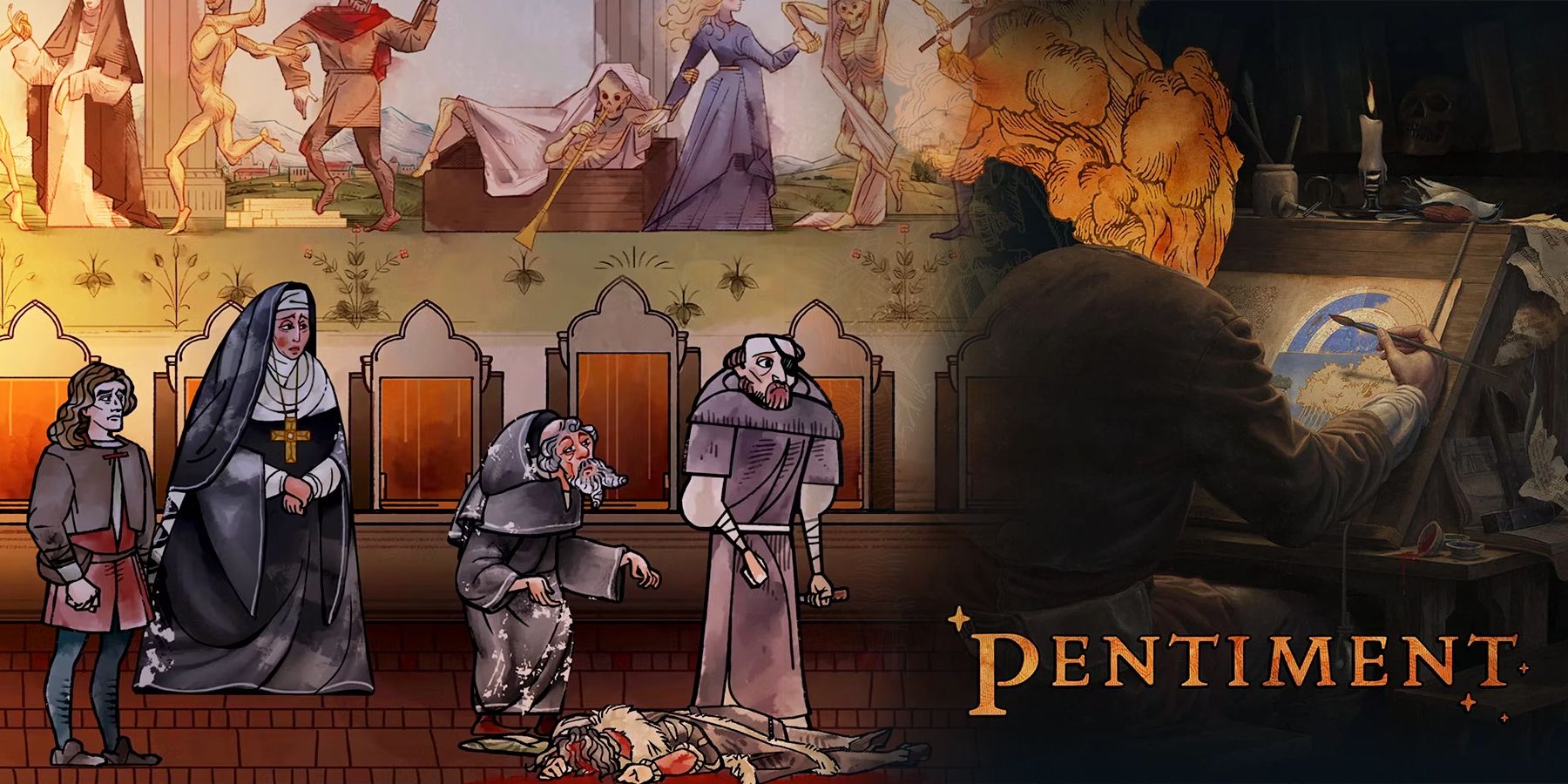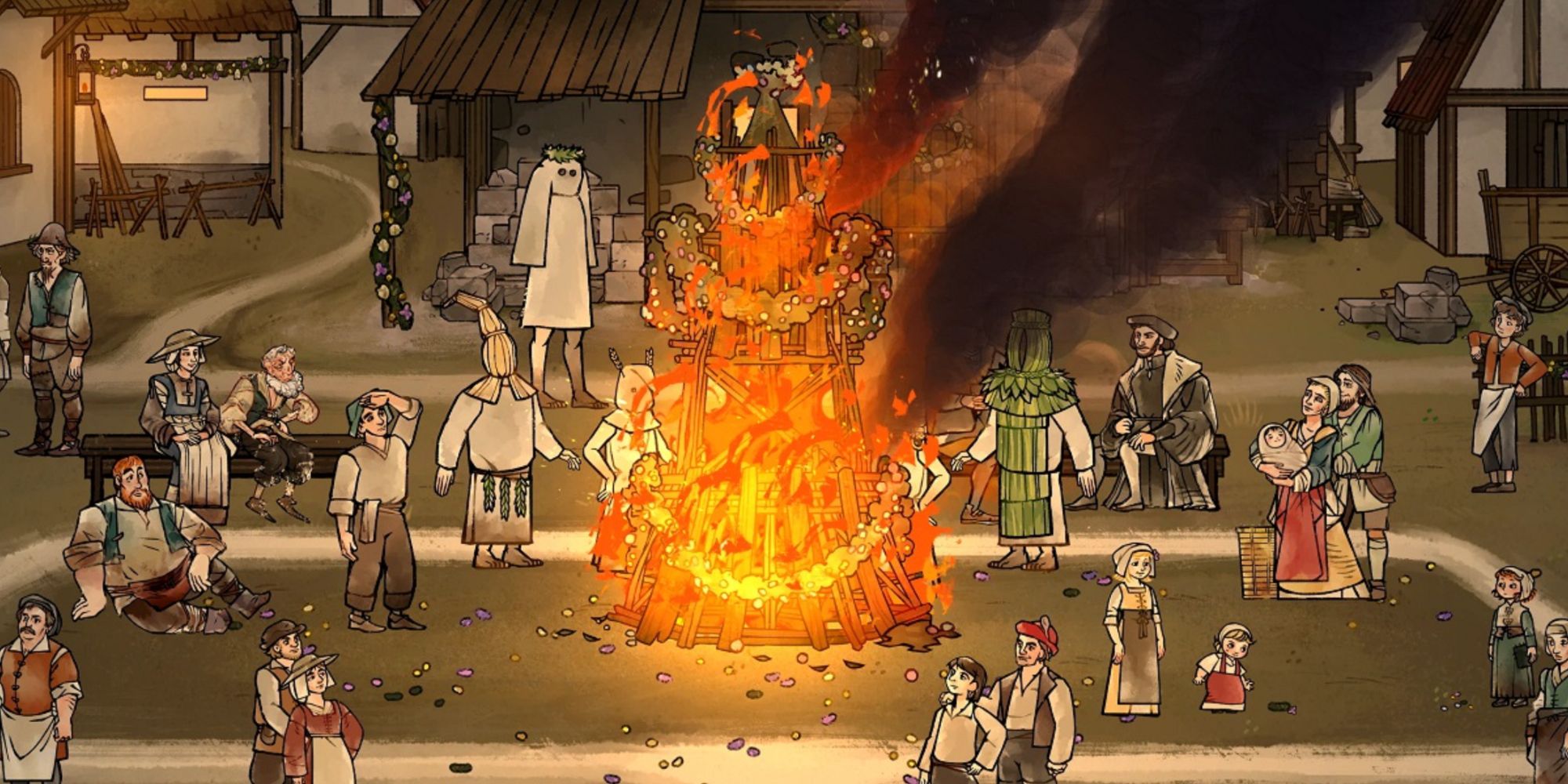Tackling the mysteries of Pentiment challenges the player to uncover the culprits behind multiple murders in the small 16th-century Bavarian village of Tassing. As the artist Andreas Maler, players will have to navigate the interpersonal drama of the village residents as they try to solve the act 1 murder of Baron Lorenz Rothvogel. The latest game from Obsidian Entertainment leaves this task fairly open-ended, allowing players to accuse several different locals of the crime, with lasting effects on the story depending on who they accuse. With the pressure of game-changing consequences, players are left to wonder which choices lead to the best outcomes in the game's first act.
While trying to uncover clues that implicate suspects in the murder of Baron Rothvogel, the player will have to carefully choose how they spend their time investigating, as the game imposes a time limit before they must present their findings to the overseeing Archdeacon. Pentiment's time management mechanic adds to the stress of investigating a murder and means that players won't be able to follow up on every lead they come across. As such, players will have to make the choice of whom to pursue and whom to leave alone, with implications that can affect the future acts of the game.
The Best Outcome for Andreas' Bad Situation
Given the open-ended nature of Pentiment's decision-based gameplay, there is no correct way to complete the first act and no true culprit to the Baron's murder. This means it is entirely up to the player who to pin the crime on with each accusation having its own consequences. The local stonemason Lucky Steinauer is one potential suspect, as Andreas catches him arguing with the Baron earlier in the game and later discovers he blames the Baron for the death of his daughter and her unborn child. Should the player accuse him of the crime, he will be executed, and his wife Agnes will blame Andreas for her husband's death for the rest of the game. Players should avoid this outcome if they wish to ever get help from Agnes in the following acts.
Sister Matilda is another potential suspect that players should avoid accusing if they want her help later on in the game. After finding the secret door to the library in Pentiment, Andreas learns that the nuns of Kiersau Abbey resent the Baron after he badly beat Sister Matilda when she rejected his advances. This gives her a motive for murder, but certain characters imply that Andreas should keep some information to himself regarding this incident. If the player avoids accusing Sister Matilda, she can be a great help during the final act of the game when the player must uncover the true history of Tassing and Kiersau Abbey.
Another potential suspect from the Abbey is Prior Ferenc, who players will discover was being blackmailed by the Baron into performing arcane rituals. With this motive for murder, Ferenc seems to be one of the most likely culprits, and the time and effort needed to solve Ferenc's cipher makes it seem like the game wants players to accuse him. However, if the player wants to stay in the good graces of the Abbot and earn the achievement for doing so, they should avoid accusing Ferenc. Otherwise, accusing Ferenc isn't a bad option, as the events of act 2 make him a rather insignificant character from then on.
The final possible suspect is the Widow Ottilia Kemperyn, who despises the Baron for causing the injuries that resulted in her husband's death. She ends up being the best choice to accuse of the Baron's murder because her role in future acts is not very prominent, and her death has the least effect on the townsfolk. Andreas must make a tough choice that results in a death no matter what, but—given all the possible options—accusing Ottilia nets the best result for the game's future acts.
Pentiment is available now on PC, Xbox One, and Xbox Series X/S.





